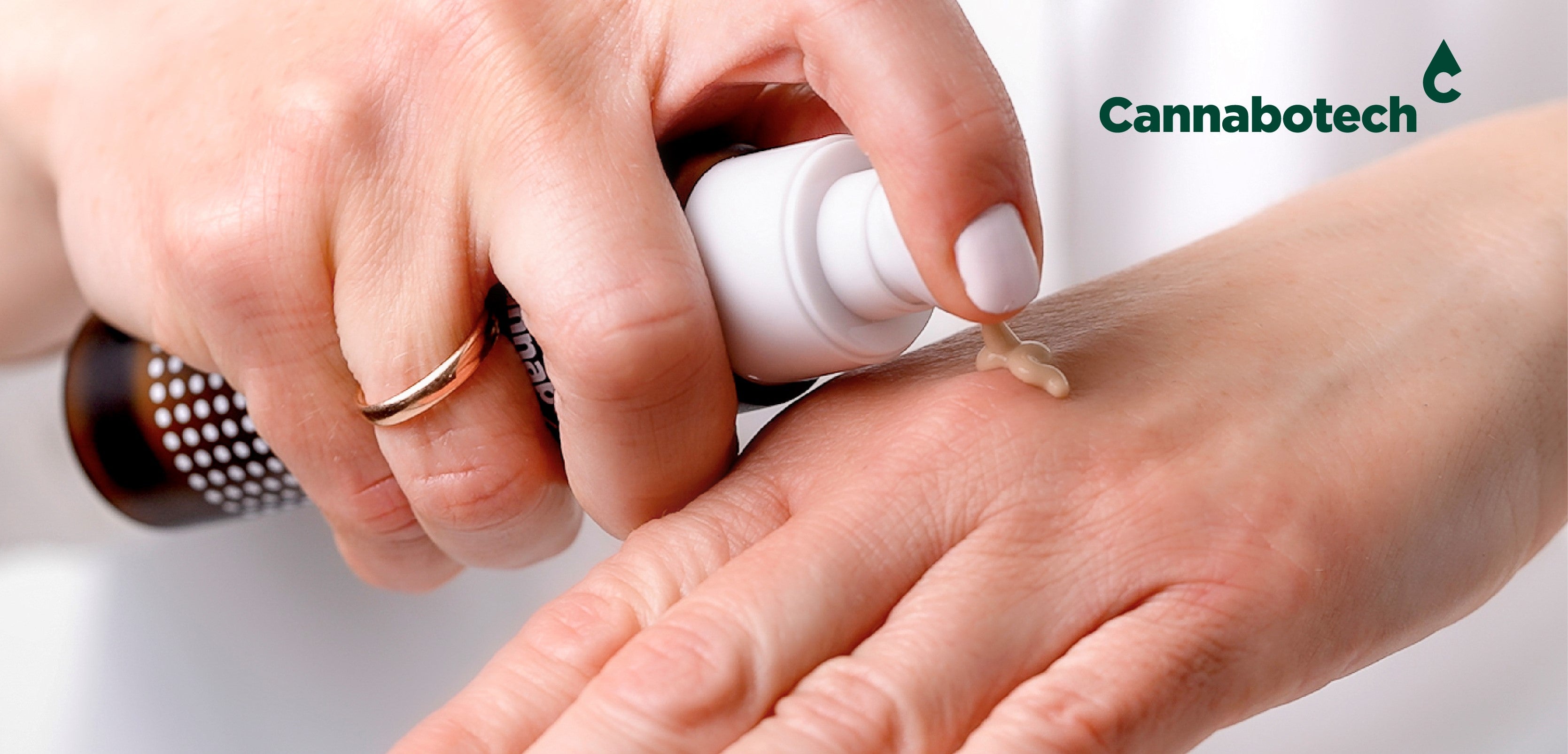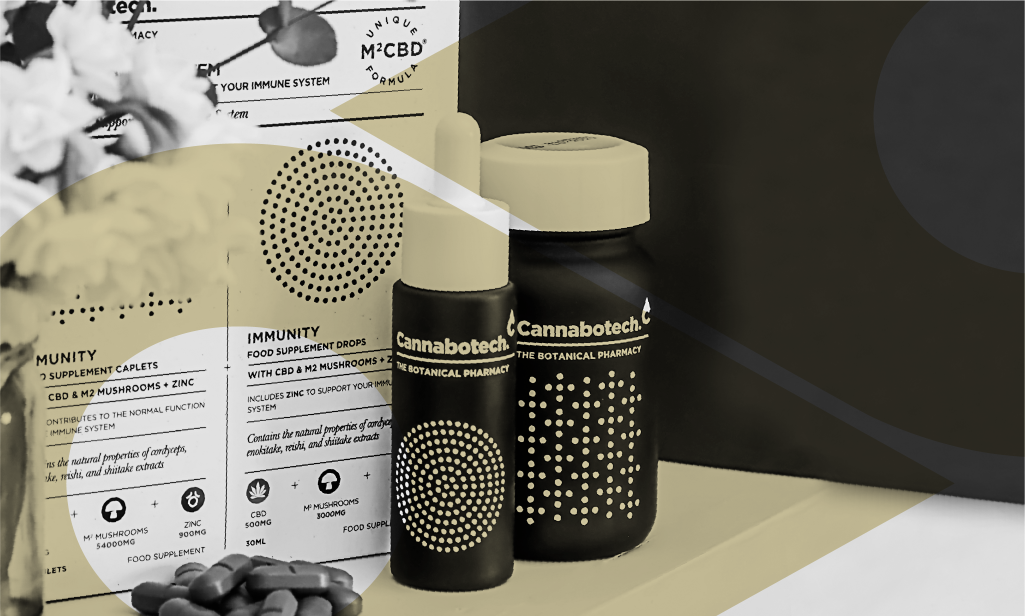For some, sleep is the best part of their day. Others may dread the nighttime and not end up getting much sleep at all. While it may seem like this isn’t much of an issue on a short-term basis, there are some pretty serious long-term effects of sleep deprivation that you should be aware of.
Whether you feel like you are getting enough sleep, or you know you are lacking sleep each night, this article will take you through the effects of sleep deprivation, as well as how to prevent them.
Half the battle is actively prioritizing sleep - making lifestyle choices that support good sleep and giving yourself the chance to get the hours of sleep you know you need. Spend some time reflecting on the effects of sleep on your performance, your progress towards any goal you’re working on, or your ability to model any value that is important to you. Keeping this fresh in your mind will help you honor your sleep needs and make the kind of healthy choices that promote your opportunity for good quality sleep.
Suzy Reading, Cannabotech's Psychology Expert
How Much Sleep Do I Need To Get Each Night?
The amount of sleep that you need to get each night depends on your age, and your lifestyle. As you get older, you will typically find that you need fewer hours of sleep than you did when you were a teenager. Furthermore, there is a big difference between getting 12 light or disturbed hours of sleep and 7 hours of a really good deep night's sleep. Even if you are lying in bed resting during those 12 hours, you need to enter the deeper stages of sleep to actually feel refreshed the next day.
Short-Term Effects Of Lack Of Sleep
If, one night, you aren't able to sleep well, this may lead to some short-term effects of lack of sleep the very next day.
These effects may look like:
- Increased levels of stress due to an increased level of stress hormones
- Increased levels of negative feelings, or depression
- Trouble focusing and concentrating in school or work
- Trouble making decisions, even small ones
- Being easily irritable and distracted
While these symptoms are short term, they can be very much annoying especially if the reason you were up all night is because of a job interview, or a big exam the next day.
However, the solution to all these effects is simply to get a good night's sleep the day after. Planning your day accordingly to get into bed slightly earlier will help you to catch up on sleep from the night before so you feel refreshed the next day.
Making sure you sleep a decent number of hours each night is difficult but essential to avoid these short-term effects of lack of sleep.
Long-Term Effects Of Lack Of Sleep
Short-term effects of lack of sleep may seem pretty standard, especially as you can probably relate to experiencing at least 1 of these symptoms after a bad night's sleep. If you are continuously getting a bad night's sleep over a long period of time, this can cause problems that are more difficult to solve than simply getting a better night’s sleep the day later.
Here are 9 long-term effects of sleep deprivation:
1. Higher Risk Of Hypertension And High Cholesterol Levels
Not getting enough sleep each night can increase your risk of hypertension, which is also known as high blood pressure, as well as high cholesterol levels. Studies have found that people who get a little amount of sleep each night (less than 5 hours) are at a higher risk of coronary heart disease and are at a greater risk of experiencing a heart attack or stroke.
2. Risk Of Developing Anxiety And Depression
Sleep deprivation will put you at a greater risk of developing anxiety and depression and will worsen your mental health over time. Once you fall into this hole of anxiety and or depression, you may be tempted to drink more alcohol than normal, which will only decrease the state of your mental health.
3. Increase Your Risk Of Developing Type 2 Diabetes
If you are not getting enough sleep each night, this leads to less insulin being released in your body while you eat, as your body releases more stress hormones to keep you awake. Less insulin will result in too much glucose staying in your bloodstream, resulting in a greater risk of developing type 2 diabetes.
4. Increased Weight Gain
Sleep deprivation can lead to increased levels of ghrelin which is, not surprisingly, a hormone that can make you feel hungry. At the same time, levels of leptin will be decreased, and this is a hormone that makes you feel full. This may make you crave unhealthier foods and more incentive to snack during the day. Overtime, this may increase your risk of obesity by 50%.
5. Irritate IBS and IBD
Certain digestive system conditions such as heartburn, irritable bowel syndrome (IBS), and irritable bowel disease (IDS) may be worsened due to having too little sleep.
6. Weakened Immune System
The strength of your immune system is directly affected by how much you the quality sleep you get each night. During the night, your body is producing new white blood cells which help fight infections and illnesses. If your body isn’t producing enough of these white blood cells, your immune system will be weakened and you will have an increased chance of developing a cold or catching a virus.
7. Wrinkles Become More Visible
Sleep deprivation has direct links to higher levels of stress hormones being produced, which damages the collagen in your skin leading to wrinkles becoming more visible. Collagen is what helps keep your skin smooth and fresh, a lack of sleep will cause your skin to sag and wrinkles to form. Furthermore, you will get dark puffy under the eyes, which are very difficult to conceal.
8. Increased Risk Of Dementia
Lack of sleep increases your risk of dementia by 33% over time. This is because the lack of sleep will add years to your brain activity, making it function as if it were in the body of a much older person than you are.
9. Risk Of Cancer
There have been many studies carried out that show the direct link between not getting enough sleep and having an increased risk of developing cancer. If you disrupt your body’s biological clock, you may be at risk of developing breast, colon, ovary, and prostate cancer. This applies to people who work night shifts for many years especially, as they are constantly disrupting their biological clock.
Tips On How To Get More Sleep
Get Into A Routine
Your nighttime routine is incredibly important in ensuring that you are getting enough deep sleep each night. Setting time aside to window, relax, and carry out a routine that you can not only stick to, but that is effective, will help prepare your body for a deep night's sleep.
One such routine may be to practice meditation, breathing exercises, taking a warm bath or shower or relaxing on the couch with a book. These activities will help send the message to your brain that you are going to sleep soon.
Thinking About Sleep Prevents You From Sleeping
Don’t overthink it! If you are distracted by late-night thoughts about how much sleep you are getting, then try and distract yourself as much as you can. Turn on a nighttime meditation, read a book, or even count sheep. Do everything you can to prevent yourself from thinking about sleep as this will only prevent you from falling asleep.
If Your Body Needs To Rest, Let It
The amount of sleep you need varies on a day-to-day basis. Don’t ignore your body, if you had a particularly tiring day and it’s only 930 pm, but your body is craving rest, give yourself an early night. Perhaps you didn’t get enough sleep the night before so you need to catch up. Listen to your body, it knows what it needs.
Add CBD Oil And Functional Mushrooms To Your Nightime Routine
CBD oil and functional mushrooms have been used for centuries in Asia to help people sleep better. The CBD cannabinoids have been scientifically proven to act in a similar way to the endocannabinoids in your Endocannabinoid system. This system is responsible for all physiological responses including sleep and relaxation.
By feeding your body some CBD oil before you sleep, you will be helping your body to understand that it’s time to sleep, and you will end up having a much deeper night's sleep that helps your body to rest and repair.
Where To Begin When Adding CBD Oil And Functional Mushrooms To My Nightime Routine
Beauty Sleep drops by Cannabotech are the perfect solution if you are searching for a natural, nonaddictive supplement to add to your nighttime routine. By simply taking a few drops under your tongue each night about an hour before you sleep, you will find that you fall into a much deeper sleep, and wake up feeling refreshed each day.
Beauty Sleep is already trusted by thousands of customers who are amazed at how just a few drops contribute to such a deep and powerful sleep each night.
Frequently Asked Questions
What Are The Long Term Effects Of Lack Of Sleep?
Not getting enough sleep can lead to an increased risk of cancer, dementia, type 2 diabetes, weight gain, hypertension, and cholesterol levels. Sleep deprivation also has a direct link with a weakened immune system, and increased wrinkles on your face and it may irritate IBS and IBD.
How Much Sleep Do I Need Each Night?
The amount of sleep you need each night depends on your age and what you do for a living. In general, adults aged 18-64 years need around 7 hours of sleep each night. Ensuring that your sleep is deep enough is just as important, a light or disturbed 12 hours of sleep is worse than 6-7 hours of deep sleep.
Can CBD Oil Help Me Sleep Better?
Yes, CBD oil has cannabinoids that are similar to Endocannabinoids in the Endocannabinoid system. By incorporating CBD oil into your nighttime routine, you will be helping your body to unwind and enter very deep sleep, so you feel energized and refreshed the next day.








